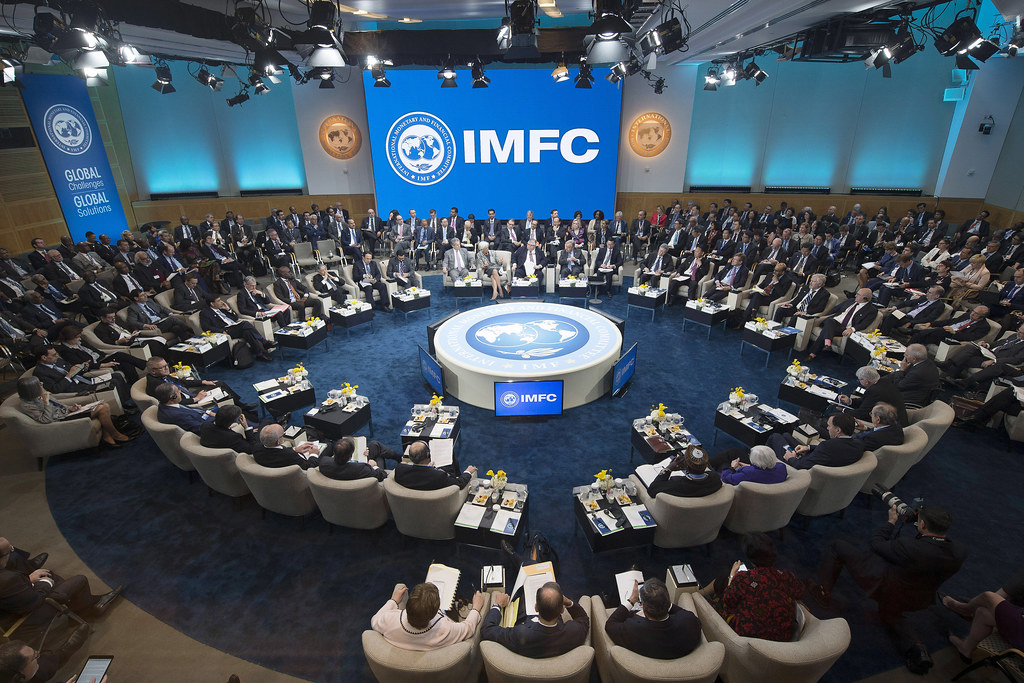
By DAYO ADESULU
Citizens’ Frustration Amid Economic Reforms in Nigeria and Beyond
Economic reforms in Sub-Saharan Africa have sparked widespread frustration among citizens, particularly in countries like Nigeria, Ghana, Ethiopia, and Kenya. These nations are undergoing transformative changes, including subsidy removals, currency deregulation, and other macroeconomic policies aimed at stabilizing their economies. However, these measures have led to significant challenges, including inflation, job losses, and reduced purchasing power.
In Nigeria, the removal of fuel subsidies and foreign exchange deregulation has triggered protests, labor strikes, and a sense of disenchantment among the populace. Many citizens feel excluded from the decision-making process, while the tangible benefits of these reforms remain elusive. This growing unrest underscores the need for governments to bridge the gap between reform goals and public expectations.
IMF’s Strategic Recommendations for Inclusive Reforms
The IMF offers a roadmap to navigate the complexities of implementing reforms in a way that minimizes resistance and maximizes public support.
- Broad Public Engagement: Open dialogue with citizens and stakeholders is essential for building trust and a sense of ownership. Governments should involve community leaders, businesses, and civil society organizations in shaping policies, ensuring inclusivity and buy-in.
- Clear Communication: Miscommunication or lack of transparency often fuels misinformation. Policymakers should use accessible channels to explain the purpose of reforms, their long-term benefits, and the risks of maintaining the status quo.
- Partnerships with Key Figures: Influential community members, parliamentarians, and independent experts can act as intermediaries, relaying the government’s message while addressing grassroots concerns. These partnerships ensure reforms are seen as a collective effort.
- Sequenced Reform Implementation: Overburdening populations with simultaneous reforms risks alienating support. Gradual implementation allows for visible gains, which can strengthen public confidence and reduce resistance.
- Compensatory Measures: Safety nets, such as social welfare programs, vocational training, and employment assistance, help protect the most vulnerable groups from the adverse effects of economic adjustments.
Rebuilding Trust and Promoting Inclusive Growth
Trust is a cornerstone of effective governance, yet it remains fragile in many Sub-Saharan African countries. Public skepticism often stems from a history of corruption, mismanagement, and unmet promises. To rebuild trust, the IMF stresses the need for transparent governance practices, rigorous anti-corruption measures, and accountability frameworks.
Additionally, inclusive growth must take center stage. Addressing systemic issues such as high unemployment, income inequality, and limited access to education and healthcare can create a more equitable society. An inclusive economy reduces frustration, making citizens more likely to support reforms that promise long-term benefits.
The Path Forward: A Unified Approach to Reform Success
The IMF’s report underscores the importance of collaboration between governments, private sectors, and civil society to ensure reforms are sustainable and widely supported. By fostering unity among leaders and citizens, countries can create pro-reform coalitions that drive collective progress.
Effective communication, transparent policymaking, and a clear demonstration of reform benefits are key to securing public trust and participation. Governments must also ensure that reforms do not disproportionately burden any single group, thereby preventing further social division.
Key Takeaways for Policymakers
- Transparent Governance: Foster public trust through clear communication and anti-corruption initiatives.
- Incremental Reforms: Avoid overwhelming citizens with multiple, simultaneous changes.
- Compensatory Programs: Support vulnerable populations with targeted policies that mitigate short-term hardships.
- Collaborative Leadership: Engage community leaders and influencers to bridge gaps between policymakers and citizens.
- Inclusive Growth Strategies: Focus on creating jobs, reducing inequalities, and promoting social inclusion to ensure reforms benefit everyone.
By addressing these areas, Sub-Saharan African governments can transform economic reform challenges into opportunities for sustainable growth and stability.